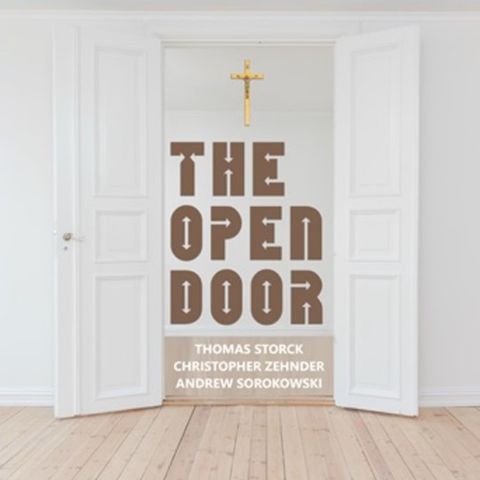Episode 178: The Open Door with D. Alan Shewmon, M.D., on Brain Death and Actual Death (December 18, 2020)

Scarica e ascolta ovunque
Scarica i tuoi episodi preferiti e goditi l'ascolto, ovunque tu sia! Iscriviti o accedi ora per ascoltare offline.
Descrizione
In this episode of The Open Door, panelists Jim Hanink, Mario Ramos-Reyes, and Christopher Zehnder talk with D. Alan Shewmon, M.D., on Brain Death and Actual Death. (December 18, 2020)...
mostra di piùThis week on The Open Door we discuss “brain death” and the determination of actual death. The topic brings us to the heart of what it is to respect the dignity of the human being. It is particularly timely, since the Uniform Law Commission is currently studying the possibility of revising the 40-year-old Uniform Determination of Death Act (UDDA). Our special guest is D. Alan Shewmon, M.D. He is Professor Emeritus of Neurology and Pediatrics at the David Geffen School of Medicine at UCLA. We will ask Dr. Shewmon the following questions. As always, feel free to add to the list!
1.Just what is the Uniform Determination of Death Act (UDDA), and how did it come about?
2.Is the brain the “master integrator” of the body from which it would follow that when the brain stops functioning the body dies, that is, “disintegrates”?
3.What inconsistencies do you see between (a) the biological concept of death, (b) the UDDA’s criterion of “irreversible cessation of all functions of the entire brain,” and (c) the diagnostic protocols now considered as the medical standard?
4.Can you outline particular cases that help shape your thinking about such inconsistencies?
5.Should the UDDA be revised to eliminate its neurological criterion in favor of a circulatory-respiratory criterion of death?
6.How strong is the case for introducing a consciousness or personhood-based criterion concept of death?
7.Do you see problems in thinking of brain death as a purely clinical diagnosis?
8.What motivates the proposal, on the part of some, to eliminate hypothalamic function from the category of “brain function”?
9.Should an apnea test as a part of determining brain death require the consent of a patient’s proxy?
Informazioni
| Autore | WCAT Radio |
| Organizzazione | WCAT Radio |
| Sito | - |
| Tag |
Copyright 2024 - Spreaker Inc. an iHeartMedia Company

Commenti